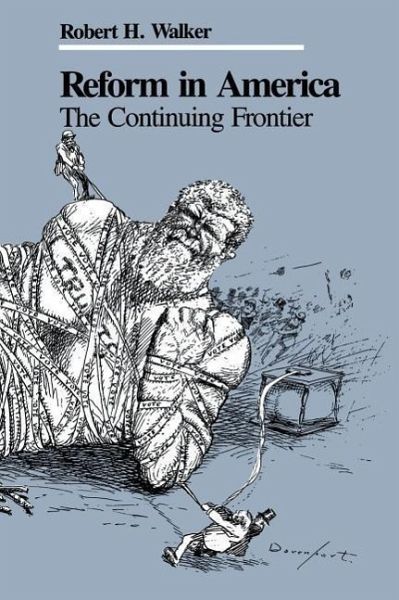
Reform in America
The Continuing Frontier
Versandkostenfrei!
Versandfertig in über 4 Wochen
30,99 €
inkl. MwSt.

PAYBACK Punkte
15 °P sammeln!
""""In discussing slavery and woman's rights, social security and the graduated income tax,"""" writes Robert Walker, """"the reformers have defined and redefined America."""" Recognizing in the history of reform a prime source for the discovery of cultural priorities, Walker seeks in Reform in America to organize the reform experience in a new way, so that its collective patterns can be seen. Reform in America identifies three principal streams of reform advocacy in American history. Politico-economic












